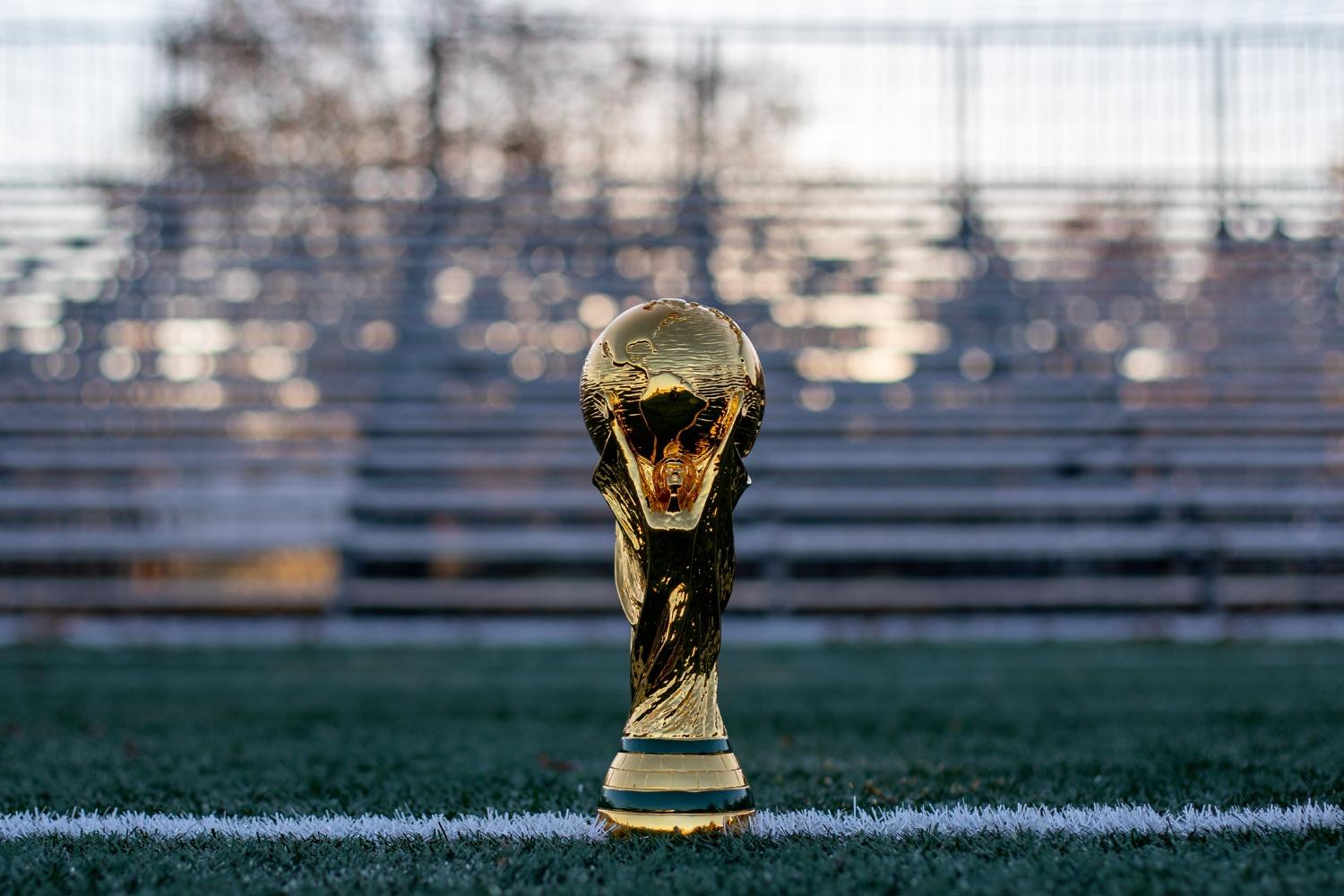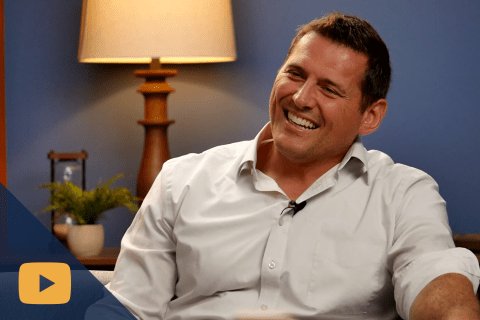
This article is the second in a series of nine on The Christian Athlete, authored by Dr. Luis Fernando Aragón-Vargas, professor of human movement science in the School of Physical Education and Sports at the University of Costa Rica.
Yes, it is possible for you to be an idolater, worshipping money or cars or the celebrity stars who perform on stage, and not really so different from people in ancient times who worshipped the stars of the heavens or fearsome figures of animals. You may even worship your own body, a way of worshipping the creature rather than the creator (Romans 1:25) that is especially tempting to athletes. The people who fall into this temptation are not necessarily spending endless hours in front of a mirror admiring their athletic form. The equation is simple: if you care more for your physical prowess and your athletic success than you care for God, you are an idolater. The Bible tells us, “Hear, O Israel: The Lord our God, the Lord is one. Love the Lord your God with all your heart and with all your soul and with all your strength” (Deuteronomy 6:4-5).
It is true that we are precious in the eyes of God as his beloved children. At the same time, do we realize that we are still servants of God? Even after performing wonderfully, we should recognize that we have only done what was expected of us. Jesus once said to his disciples:
Besides, who needs another idol? You don’t. And neither do hundreds, thousands, and even millions of people around you.
Pope John Paul II was invited to speak at the inauguration of the renewed Olympic Stadium in Rome on May 13, 1990. On that occasion he said: “It is not only the champion in the stadium, but the man as a whole person who must become a model for millions of young people, young people who are in need of leaders and not idols.” He made a similar statement to the Italian Tennis Federation at the International Championships of Italy in 1986: “You, athletes, are often in the eyes of the public. For that reason, you have a responsibility, above all, before the young and the children who look up to you as their role models.” And again, in 1987, addressing the participants of the World Athletics Championships, he said “You are watched by many people who expect you to be extraordinary figures, not only during athletic competitions, but also when you are far from the sports fields. We ask of you to be examples of human virtue, beyond your performance of strength and endurance.”1
Nobody needs another idol: young people need leaders, role models, examples of human virtue. They need the true God.
May we all, athletes and non-athletes alike, reflect the life of the One who lives in us. To paraphrase St. Patrick:
may Christ be in the ears of all hear me speak,
may Christ be in the heart of everyone
who thinks of my athletic career and my personal life.
1 Cipriani, R. (2021). Sport e Cristianesimo: storia e sociología. [Sport and Christianity: Story and sociology]. 2021.
Photo Attribution: Article image taken by Rhett Lewis, originally posted on History of Soccer.
To view the complete series with full citations as hosted by the University of Costa Rica, click here.

Next: Sports and Health
The Christian tradition offers insights into the importance of physical training and the need for an active balance in the lives of athletes.

Previous: Sports Talent
Christians are called to use their talents for good, and this applies no less to Christian athletes. What does it mean for Christian athletes to use their talents well?

Finding God's Greatness
Fr. Chase Hilgenbrinck, a priest and retired professional soccer player, spoke with Fr. Craig Vasek, Athletics Chaplain of the University of Mary, on virtue, greatness, and sport.


